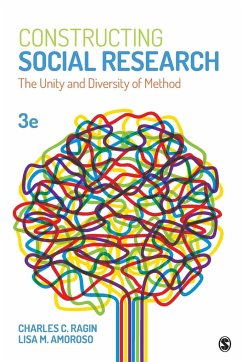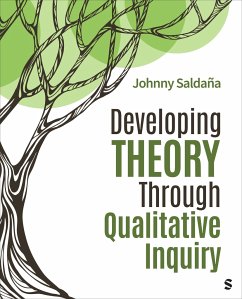
Virtual Ethnography
Versandkostenfrei!
Versandfertig in 1-2 Wochen
78,99 €
inkl. MwSt.
Weitere Ausgaben:

PAYBACK Punkte
39 °P sammeln!
Cutting though the exaggerated and fanciful beliefs about the new possibilities of `net life', Hine produces a distinctive understanding of the significance of the Internet and addresses such questions as: what challenges do the new technologies of communication pose for research methods? Does the Internet force us to rethink traditional categories of `culture' and `society'? In this compelling and thoughtful book, Hine shows that the Internet is both a site for cultural formations and a cultural artefact which is shaped by people's understandings and expectations. The Internet requires a new form of ethnography. The author considers the shape of this new ethnography and guides readers through its application in multiple settings.
`This book reflects scholarly dedication to enlarging the discussion on the nature and role of the internet, and provides insight into how ethnographic methodologies can be adapted creatively to research into modern electronic forms of communication.' - International Journal of Market Research














